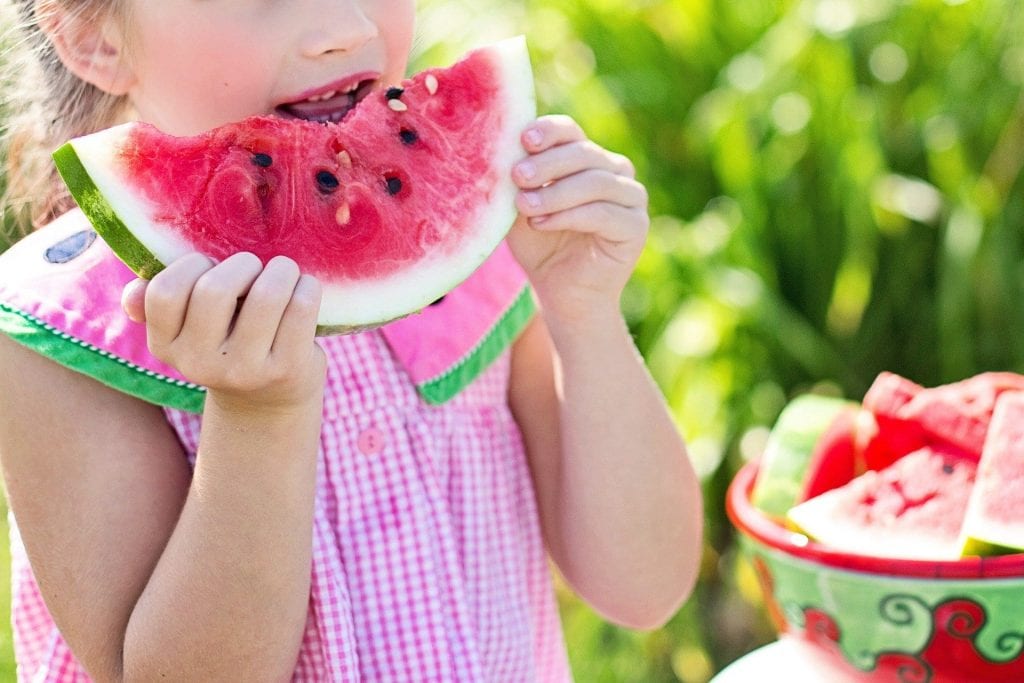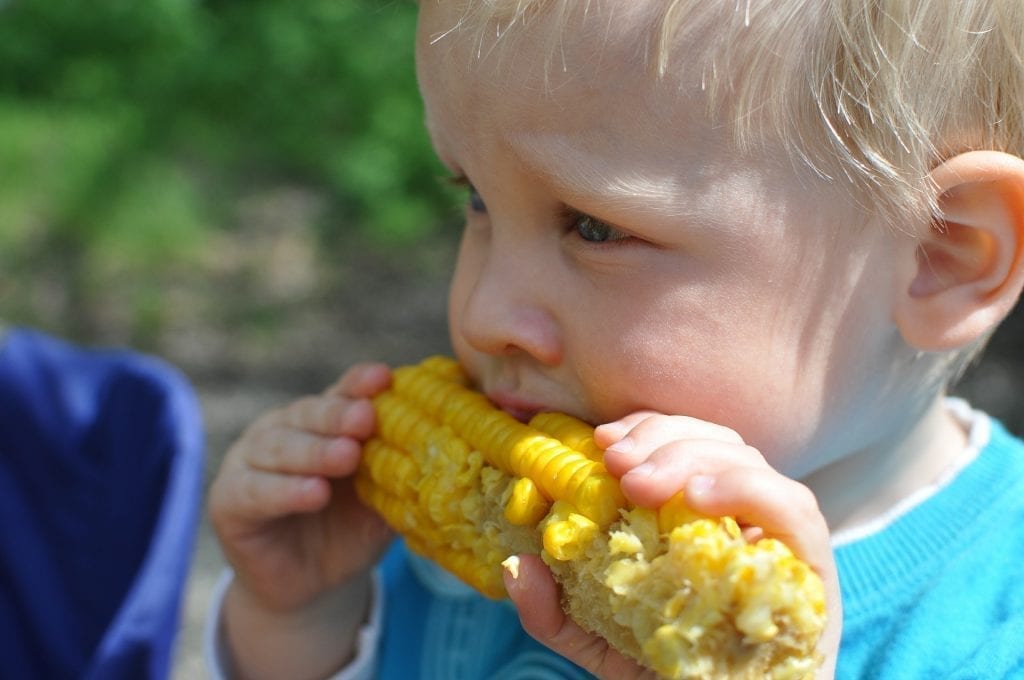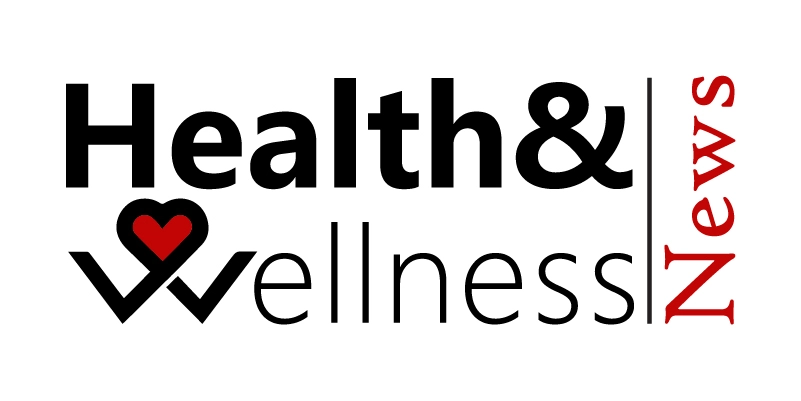How to Plan a Healthy Diet for Your Children
Food is a fundamental part of a child’s development and growth from the moment of conception to the stages of puberty. Unlike adults, children’s bodies must grow and develop, which is why being able to count on abundant doses of the right nutrients is essential.

A child should therefore regularly consume carbohydrates, fats and proteins – that is, the three main nutrients used to build and feed the body – as well as the many vitamins and minerals (macronutrients) essential for keeping the body in a state of efficiency.
Let’s see more specifically what are the bases of our child’s nutrition.
- Carbohydrates
Carbs are one of the fundamental building blocks: they should make up a third of each of the child’s meals. When eating complex carbohydrates such as whole grains, vegetables, beans, or simpler carbohydrates such as fruit, the body does exactly what it is designed for: it digests these foods and gradually releases their potential energy.

- Fats
It is a pity that fats have such a bad reputation that they have almost become a swearword. On the contrary, they are an important part of the baby’s diet. There are 3 types of fats: good ones (these are essential oils, also known as omega-3 and omega-6), bad ones (saturated fats that are obtained from meat, eggs, and dairy products) and “very bad” fats (such as trans fat found in treated and fried foods). Olive oil represents a category on its own: it is good but it does not belong to omega-3 fats or omega-6 fats.
- Proteins
Thanks to proteins, the child will fill up with amino acids, which are the fundamental building blocks of life: they are the main material of all living cells. A good supply of proteins, and therefore amino acids, will keep the child well-stocked with the fundamental building blocks that make growth and development possible.
- Vitamins and minerals
Vitamins and minerals are also called micronutrients: they make up a large part of the child’s diet and are used to produce energy. In short, micronutrients are essential for building and rebuilding your child’s body. Except for vitamins D and K, all others must be taken with food.

Nutrition is a fundamental aspect of everyone’s life, and this is especially true for developing bodies, such as those of children. These tips will allow you to prepare a great meal plan for the little ones of the family!
